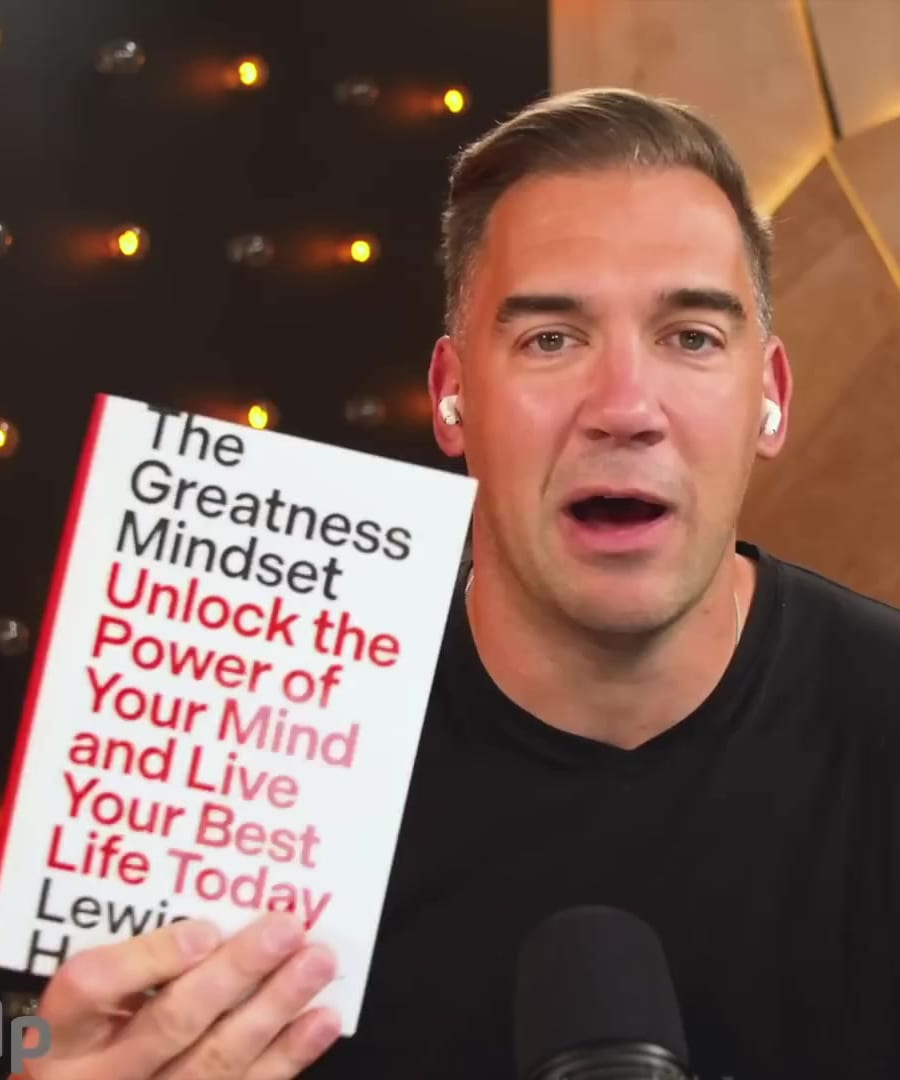Ownership Mindset
Sources:
An ownership mindset can significantly impact both individual and organizational success. Here are some key insights from experts about fostering and maintaining an ownership culture:
-
Owner vs. Renter Mindset:
- Adam Stacoviak discusses the concept of having an owner mindset versus a renter mindset. People with an owner mindset think long-term and are incentivized to invest more deeply in their work. Gergely Orosz praises Amazon’s method of empowering employees by giving them real ownership and promoting from within, which cultivates a strong culture of internal leadership and long-term commitment 1.
-
Creating an Ownership Culture:
- Carlos Brito, former CEO of Anheuser-Busch InBev, emphasizes that ownership is a mindset rather than just shares or equity. He highlights the importance of empowering employees to make decisions, take risks, and view their work as their own business. This empowerment fosters accountability and pride in their roles, which is crucial for maintaining an ownership culture, especially in large global companies 2.
-
Code Ownership in Software Development:
- James Smith talks about the importance of developers taking ownership of the code they write. This includes being responsible for the code post-production, which encourages better quality and accountability. He advocates for systems where responsibility for bugs or maintenance is traceable to the original developer or the team responsible 3.
-
Personal Ownership for Mental Health:
- Haesue Jo and Lewis Howes discuss the necessity of taking personal ownership of one’s mental health. They argue that although external support is beneficial, the responsibility to take charge and make meaningful changes ultimately lies with the individual. This mindset is crucial for personal growth and fulfillment 4.
-
Career and Risk-Taking:
- Scott Clary and Stephen Pesavento suggest that an ownership mentality can drive career growth by pushing individuals to take risks and seek roles in smaller companies where they can learn more and gain equity. This approach promotes investing time wisely for long-term benefits and skill acquisition 5.
Implementing and nurturing an ownership mindset involves empowering individuals, promoting long-term thinking, and fostering a sense of personal responsibility across various contexts, from corporate roles to personal well-being.
RELATED QUESTIONS-

